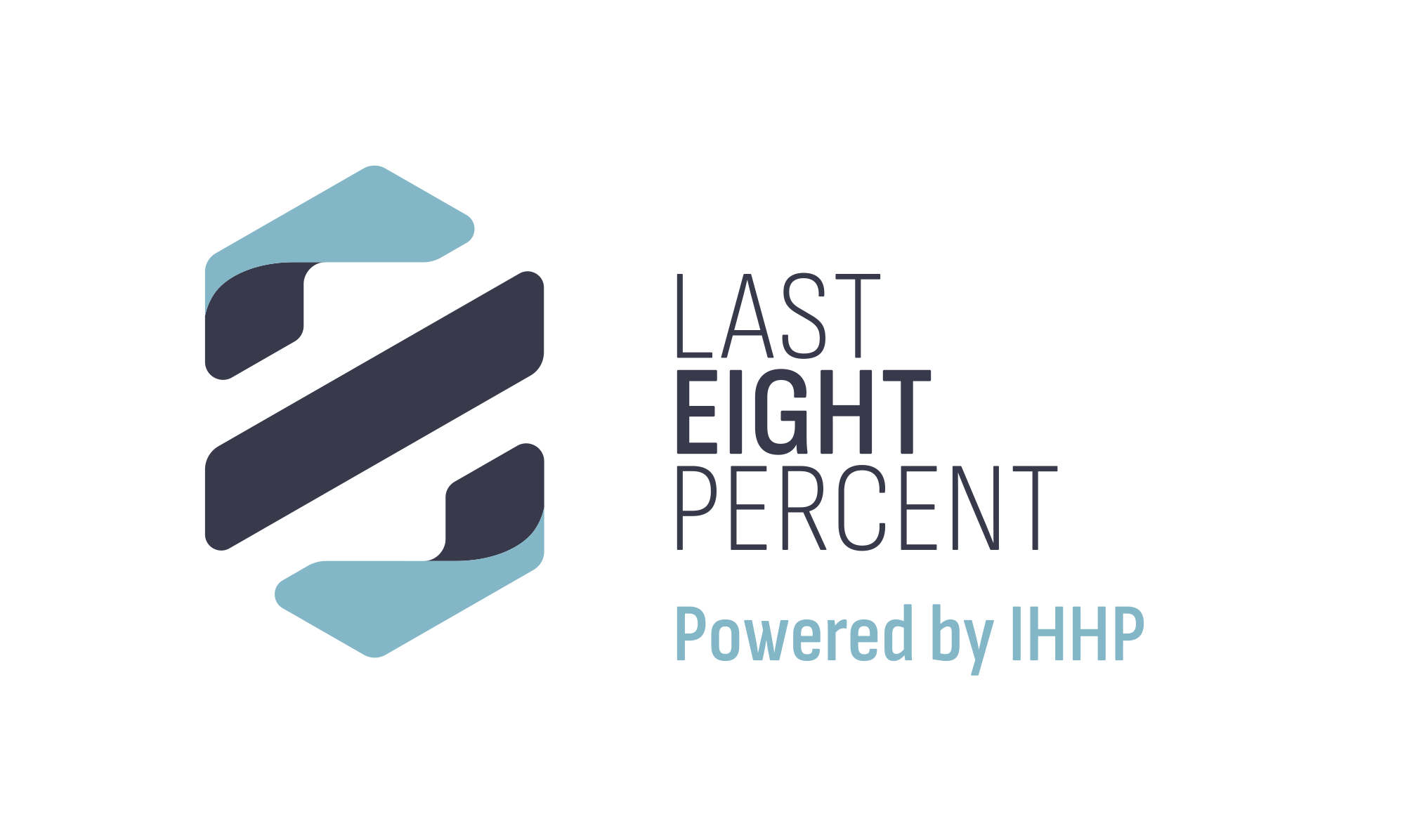A recent Harvard Business Review (HBR) article highlighted a research study in the Journal of Clinical and Social Psychology, that most people think they are self-aware, but in fact, only 10-15% of people actually are.
That’s a pretty astonishing statistic.
It gets even worse for CEO’s and senior leaders. According to the HBR article “the more power a leader holds, the more likely they are to overestimate their skills and abilities. One study of more than 3,600 leaders across a variety of roles and industries found that, relative to lower-level leaders, higher-level leaders more significantly overvalued their skills (compared with others’ perceptions). In fact, this pattern existed for 19 out of the 20 competencies the researchers measured, including emotional self-awareness, accurate self-assessment, empathy, trustworthiness, and leadership performance”.
The article goes on to say, “Researchers have proposed two primary explanations for this phenomenon. First, by virtue of their level, senior leaders simply have fewer people above them who can provide candid feedback. Second, the more power a leader wields, the less comfortable people will be to give them constructive feedback, for fear it will hurt their careers”. Nobody wants to make a career limiting move like that!
CEO’s disease
Psychologist Tasha Eurich coined the phrase “CEO’s Disease,” which is when someone works their way up the corporate ladder and gets less self-aware because they receive less and less candid feedback.
If you are thinking to yourself, “I don’t have that issue, I’m self-aware and my people always give me candid feedback”, you should probably stop reading this article. If however, you are thinking “maybe I’m not getting the feedback I need and it’s possible I could be more self-aware”, then you are the type of leader who would benefit from reading on.
What can you do about it?
A natural reaction from someone truly reflective and open to increasing their self-awareness is to think: I’m going to have 1:1 meetings with all my direct reports (or worse, get them all in a room together) and ask them to give me feedback on how I am doing.
A symptom of CEO’s disease is that the higher up in an organization you are, the more risk people feel in providing honest feedback, so that approach is not likely to yield the results you need.
The next thing CEO’s sometimes do is ask their HR person for feedback about how people perceive them. Now you have the issue of triangulation and the potential for misrepresentation and miscommunication. Your HR leader may also be afraid to give you honest feedback, so that approach doesn’t work either.
There is only one approach that I’ve seen work in my 16 years coaching and training CEO’s and senior leasers (and being one myself): anonymous 360 feedback. While some people may still feel nervous giving anonymous feedback on 360’s because they think someone will hack in and see their feedback, I’ve seen enough 360’s as a coach to tell you that senior leaders definitely get very candid feedback this way.
There is no point trying to increase your self-awareness if the 360 focuses on things like strategy, delegation, process, etc. Self-Awareness is the fundamental underpinning of Emotional Intelligence, so you want to have an EI-based assessment.
Don’t do 360’s by themselves!
Receiving 360 feedback, especially when it’s focusing on EI competencies like Self-Awareness, Impulse Control, Authenticity, etc., can be an emotional experience. If you complete a 360, and you to review the results on your own, you are at risk to personalize and rationalize the feedback and try to figure out who said what. These are natural emotional reactions to receiving difficult feedback, but they are detrimental to increasing your self-awareness. You may end up do more damage than good this way.
The best approach is to receive 360 feedback is to be part of a training and coaching program. The training will provide you with context and support for interpreting your feedback. Even more importantly, Emotional Intelligence-based training will provide you with insights and strategies you can put into practice to improve on the feedback you get. Coaching is critical to providing personalized application and accountability to put new strategies and behaviors into practice.
The Power of Feedback
From my own experience as a leader (I do our EI360 assessment every two years) and from the training and coaching I’ve done myself with CEO’s and senior leaders, there is no better way to improve your self-awareness – and avoid CEO’s disease – than by getting anonymous feedback. It’s also critical that you get training and coaching that will help you make changes to improve and get better.
By doing this, you are modelling for your team. If you are getting feedback and working on your self-awareness, your team (and your entire organization) will be inspired to do the same.
Originally published in CEO Magazine – read it here
Publication date: June 15, 2018

